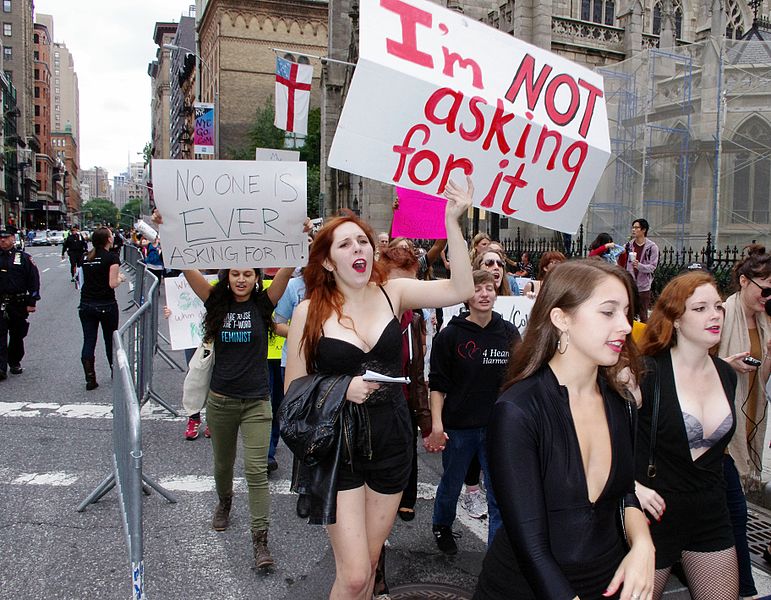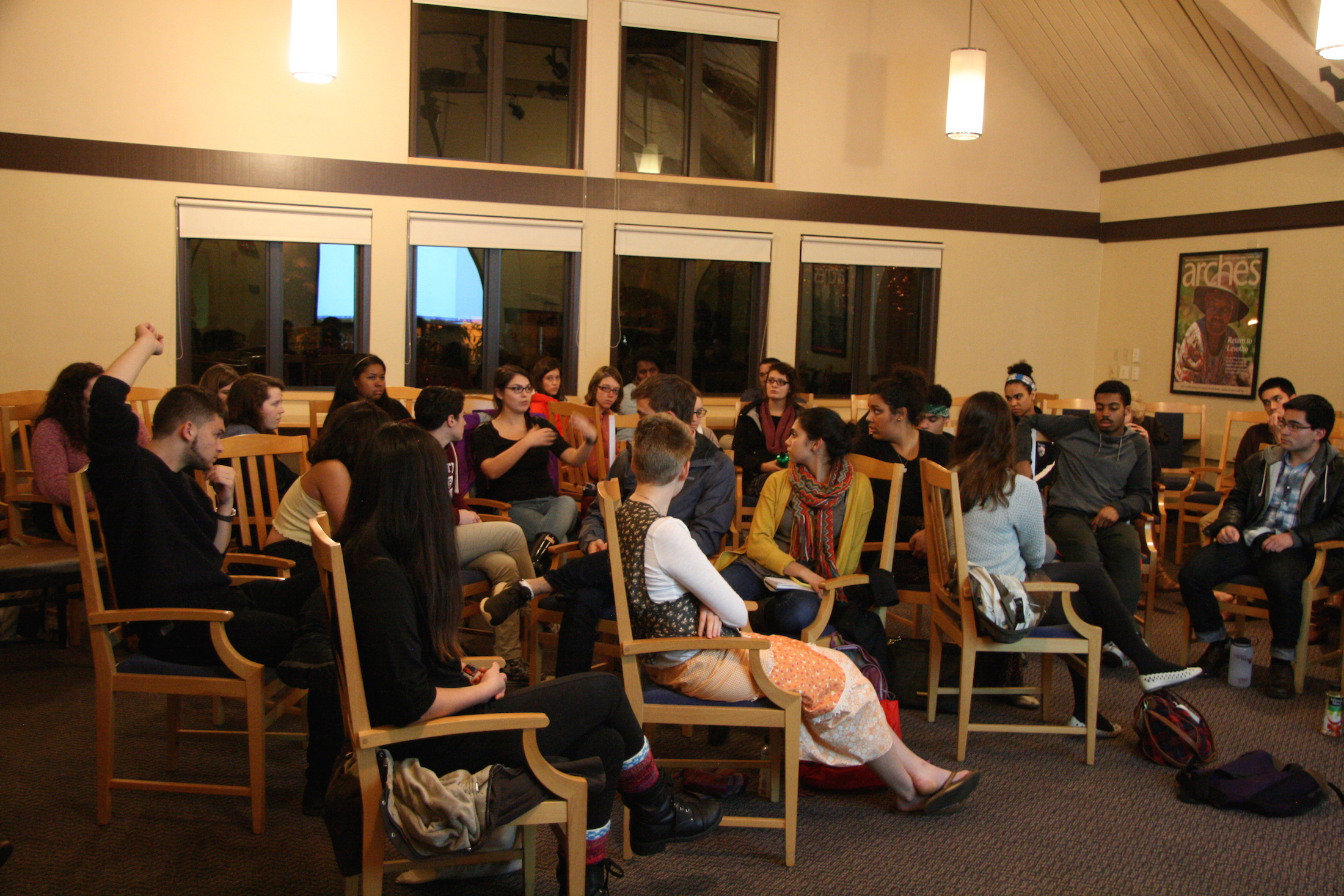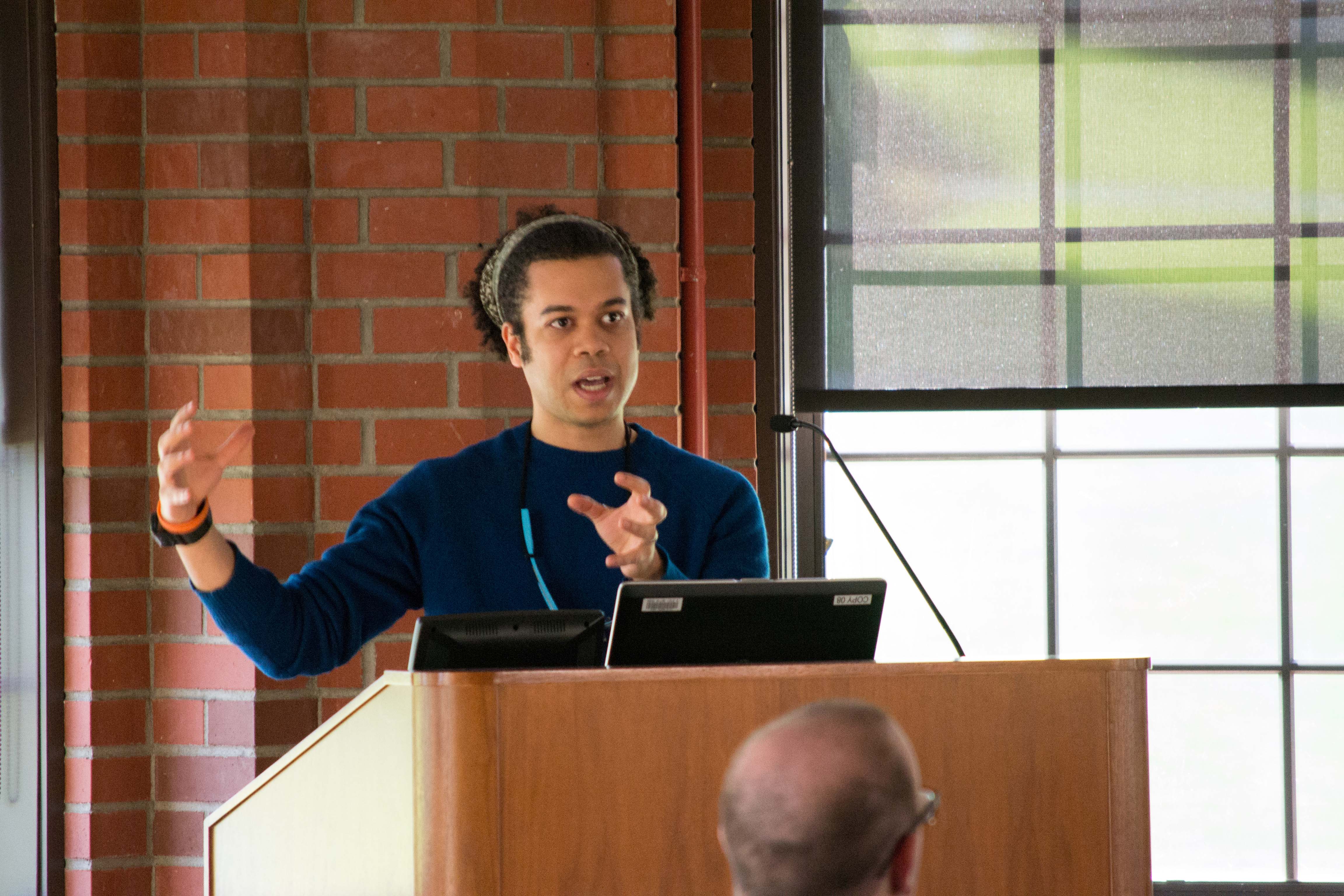
“Slut.”
The word has mixed connotations, but most of them are ugly. SlutWalks, a global movement represented by marches during which scantily clad women and men protest the myth that rape is due to outfit choice, was founded Sonya Barnett and Heather Jarvis to redefine the term. Their message is that instead of being ashamed of the word slut, women around the world should embrace it.
But does the message of SlutWalks apply to all women? Embraced by the media, SlutWalks has made the world ignore the other protests that black feminist activists in America have been doing for decades, more notably their fight against the word “slut” due to its historical context.
SlutWalks originated in Toronto, Canada on Jan. 24, 2011, when a Toronto police representative stated that the police force’s view of sexual assault was that “women should avoid dressing like sluts in order not to be victimized.” Police later apologized, but regardless, this notion is still common across the world.
The myth is simple but dangerous: if a woman dresses in a provocative manner and gets raped, then she is partially to blame for the incident. Many female victims of sexual assault are therefore reluctant to report the crime out of fear, believing that it is actually their fault.
After the overwhelming publicity surrounding the Toronto representative’s comment, SlutWalks grew in popularity. Women marched down crowded streets dressed in little to nothing, carrying signs bearing slogans such as, “I am not an invitation,” as a challenge to the ogling men watching the women from windows above.
The power of the walks has grown since their birth this past winter. Thousands of women and men have now participated in SlutWalks, making it one of the more publicized feminist protests in recent years.
But therein lies a problem.
Without the media frenzy surrounding the term “slut,” the walks would hardly be as effective. If walks were called “We Can Dress How We Want” or “A Call For Female Safety,” they may be acknowledged but not nearly to the same degree as they are today. An anti-rape protest should not be recognized just because of the controversial word.
Some opponents of SlutWalks suggest that risqué clothing is playing into the “pornification” of women.
This is hardly the issue at hand, and history has taught us that female protestors have successfully used clothing to successfully get a point across. Take, for example, when women protested their restriction to dresses by wearing only bloomers, a term dedicated to activist Amelia Bloomer.
Though the specific garb worn by pronents of this movement have been vital to the message of the protests, women should not have to go so far as to walk around University of Puget Sound’s campus topless to exemplify the power of women.
However, some have shifted their concern from the type of dress to the name of the movement itself.
The Black Women’s Blueprint (BWB), a civil and human rights organization for men and women of African descent, sees this protest in a different light.
As stated in “An Open Letter from Black Women to the SlutWalk,” published on the group’s blog on Sept. 23, they find new movement ignores the long-standing effort to rid society of sexist/racist terms. The organization understands the reasons for using the term “slut” as a metaphor for anti-rape, but feels it ignores larger issues.
BWB feels that black women are faced with the issue of sexual objectification (which was constructed since the era of slavery in the U.S.) and have worked to fight against this underlying perception where it still occurs. They do not see room to call themselves “sluts” without inadvertently reinforcing the message that their bodies exist to be a target of sexual desire.
Mainstream female feminists seem to ignore the concerns felt by many members of the Black Women’s Blueprint. The marchers do not acknowledge the victims in other parts of the globe, who don’t translate the world “slut” into their language and may come back from a march to an unsafe community in which the rule of law would fail to protect women dressed in such a manner.
An equally disturbing global problem that must be given the same amount of attention is that men can be victims of rape as well. Although men do participate in SlutWalks, some protestors of past marches have restricted it to women only, which narrow-mindedly excludes the thousands of male victims of sexual assault.
The education and prevention of sexual assault is important for people around the world, regardless of race, gender, class and sexuality. Due to massive publicity, the SlutWalks movement is in a position to show the world what it’s fighting against.
They should not squander this opportunity to raise awareness of sexual assault generally. Simply wearing an outfit should not, despite the metaphor, dictate the empowerment of a woman or man. Similarly, its controversial name should not make the fight suddenly important. Unfortunately, as of now, SlutWalks have not taken all victims of rape and sexual objectification into account, but that’s not to say there isn’t room for change.




